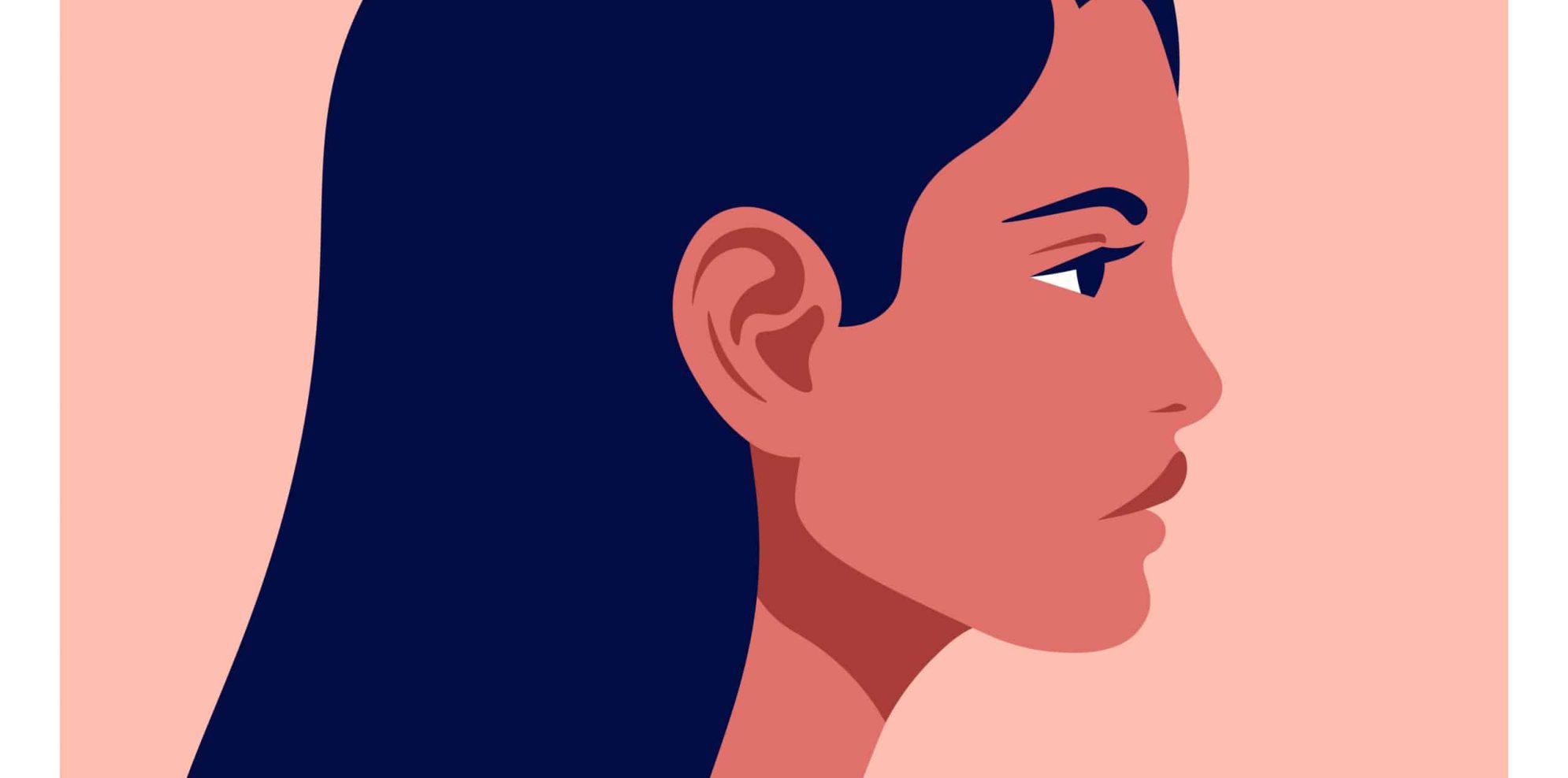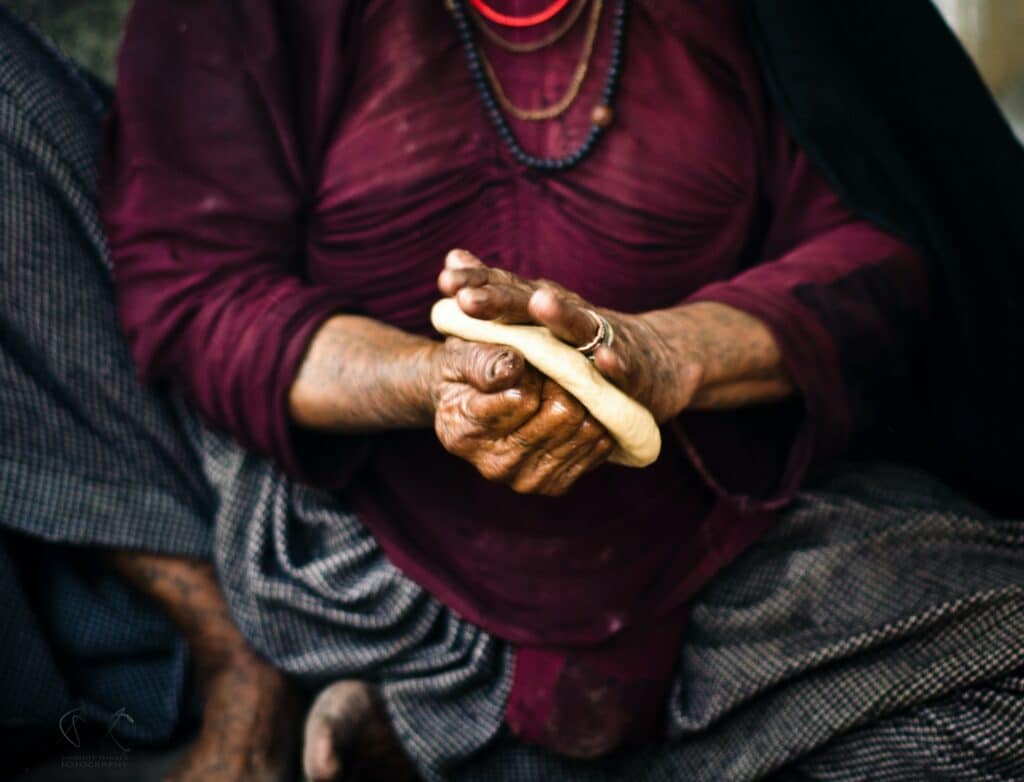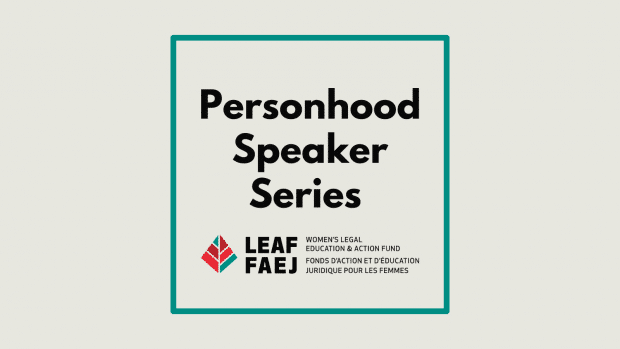Gender equality cannot be achieved without addressing the past and ongoing harms of colonialism, racism, and sexism. Colonial law has had, and continues to have, devastating impacts on Indigenous women, girls, and 2SLGBTQQIA persons. The Canadian state continues to deny Indigenous women, girls, and 2SLGBTQQIA persons equal protection and benefit of the law, causing them to disproportionately experience poverty, violence, incarceration, and other negative outcomes.
LEAF has committed to prioritizing reconciliation and working towards decolonization in our positions in court and through our law reform advocacy. We have supported the hard work of Indigenous women and feminists to remove sex discrimination from the Indian Act, including through litigation with the Native Women’s Association of Canada (NWAC) at the Supreme Court of Canada, litigation at the Ontario Court of Appeal, and ongoing advocacy. We have also pushed courts to use s. 15 of the Charter as a tool to address the over-incarceration of Indigenous people, and Indigenous women in particular.
At the same time, LEAF recognizes the inherent limitations of Canadian colonial law in achieving justice for Indigenous women, girls, and 2SLGBTQQIA persons – and will take steps to better understand our relationship with the diverse Indigenous legal traditions that exist across Turtle Island. We will also ally with Indigenous persons and organizations in our advocacy efforts.


